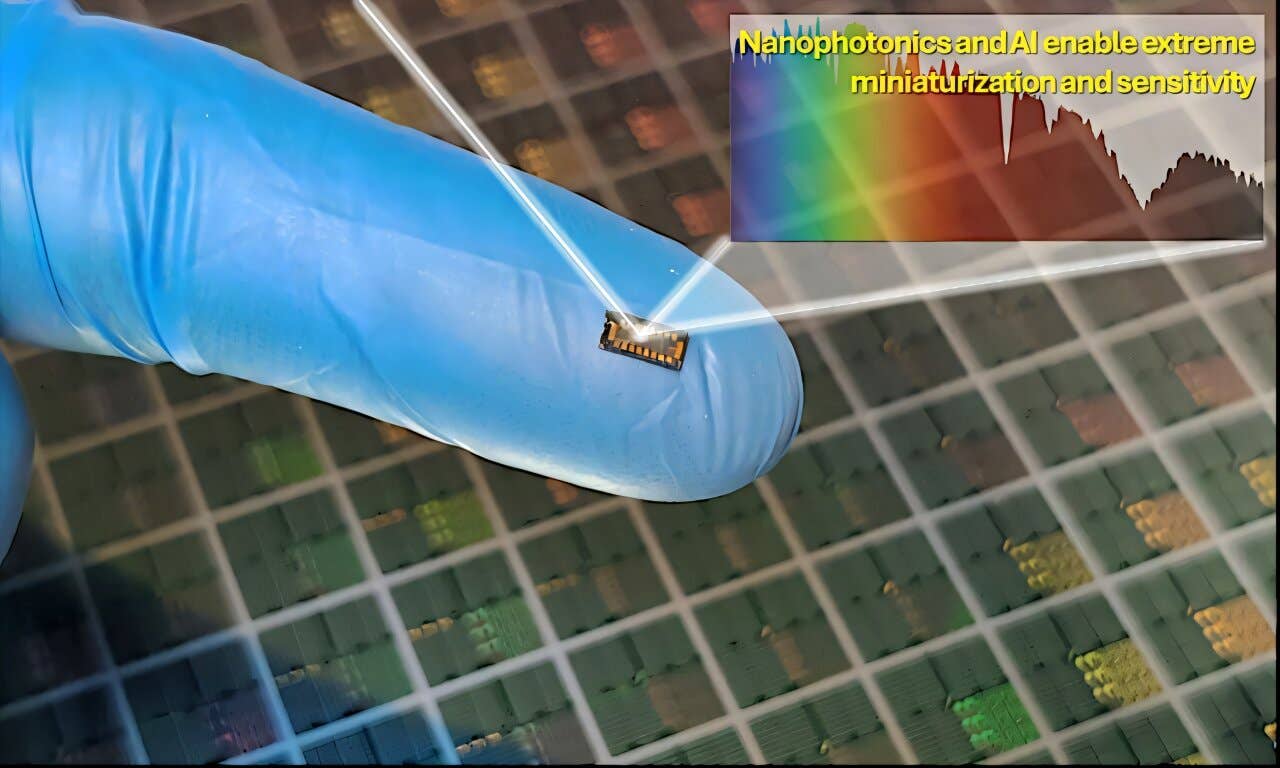New study finds some processed fats may not harm heart health
A new study from King’s College London finds that certain processed fats may not harm heart health when eaten in realistic amounts.

New study suggests that interesterified fats, used in everyday foods, may not pose the heart risks once believed. (CREDIT: Shutterstock)
A new study by researchers at King's College London and Maastricht University is questioning the assumption that industrially processed fats are not good for your heart. The study examined in detail a family of altered fats called interesterified fats — and what they found may shock you.
A Closer Look at Interesterified Fats
Interesterified (IE) fats are created when manufacturers reconfigure the fatty acid structure of fat molecules. They solidify and become stable in the process, and food manufacturers are able to create spreads, pastries, and baked goods without using toxic trans fats. It's an easy idea: improve the texture and shelf life without the ill effects of older, less healthy fats.
Researchers tried two of the most widely used IE fat mixtures. One included a high content of palmitic acid, which is a saturated fat usually extracted from palm oil. The other included elevated contents of stearic acid, a saturated fat most frequently found in vegetable oils. Researchers wondered if these two processed foods would have varying effects on heart and metabolic health if eaten in typical proportions.
Inside the Six-Week Trial
Forty-seven normal adults participated in the double-blind, randomized crossover study, so they and the scientists never knew at any given time which fat they were working with. Each participant had two different six-week dietary periods. For each, they ate muffins and spreads with one of the two IE fats, which supplied around 10% of the subjects' daily calories.
At the end of the first six weeks, the diets of groups were switched. While the trial was in progress, researchers measured all kinds of health markers: cholesterol, triglyceride levels, sensitivity to insulin, inflammation, liver fat, and the responsiveness of blood vessels to changes in blood flow.
What the Researchers Found
When the test results arrived, the message was clear — and unexpected. Neither of the two fats differed significantly from the other as it related to cholesterol, triglycerides, or total-to-HDL ("good") cholesterol ratio. That ratio, which is often used to assess heart disease risk, was no different during either dietary phase.
Insulin sensitivity was also unchanged, with no signs of worsening metabolism or prediabetes. Similarly, markers of inflammation and liver fat content did not increase. Even blood vessel function, a possible early indicator of changes in heart health, remained unchanged.
Overall, eaten in realistic, moderate amounts, neither interesterified fat consumed serious damage to either heart or metabolic health.
Rethinking Processed Foods
These findings turn a common assumption on its head — that all processed fats are unhealthy. As Professor Sarah Berry, lead researcher on the research and nutrition scientist at King's College London, says, "With the demonization of everything processed that's happening at the moment, this research shows that not all food processing is bad for us.". Interestriification is the process that makes it possible to produce hard fats in place of unsavory trans fats and also enables food manufacturers to reduce the amount of saturated fat in foods and spreads.
Her co-author, Professor Wendy Hall, leader of the study, said the results are "reassuring evidence that industrially processed fats contained in foods today, whether high in palmitic or stearic acid, are unlikely to have negative effects on cardiovascular health if consumed in amounts individuals could achieve in their typical diets."
That's a crucial clarification in an era when consumers are more suspicious than ever of anything that can be called "processed." The study suggests that not all processing methods are alike — and that modern-day food science may in some cases make products safer, not more poisonous.
What to Remember
Naturally, the study's results don't mean you can cram your weight in margarine and pastries and get away with it. The trial lasted only six weeks per diet phase. That's long enough to detect short-term changes in cholesterol and metabolism, but not long enough to show what happens after months or decades of repeated exposure.
A further limitation is that subjects were all normal adults with no history of metabolic disease. That means that the results may not apply to people with heart disease, diabetes, or fatty liver. The study also employed specific intake amounts — some 10% of calories from these fats — and real-life diets are usually quite variable.
However, for producers and consumers alike, the implications are comforting. They indicate that, if handled carefully, some types of modified fats might turn out to be safer than initially predicted.
Practical Implications of the Research
The results of this study might change scientists' and the food industry's perception of processed fats. Should this be substantiated by longer-term research, it could lead to healthier versions of common staples like baked goods, spreads, and snacks — all without the risk once posed by trans fats.
For the average consumer, the message is that not all "processed" foods necessarily mean "bad." Moderation, balance, and diet as a whole still apply. Snacking on whole foods, vegetables, fruits, and healthy fats should still be the majority of your diet.
But if you do crave a bakery treat or a slice of margarine, you can take some comfort in the fact that modern food processing may be a bit more heart-healthy than it would have been decades ago.
Research findings are available online in The American Journal of Clinical Nutrition.
Related Stories
- 26-Year study links processed foods to Parkinson’s disease
- Ultra-processed foods found to drive inflammation and obesity
- 'Skinny fat’ can quietly damage arteries even in people who appear healthy
Like these kind of feel good stories? Get The Brighter Side of News' newsletter.
Rebecca Shavit
Writer
Based in Los Angeles, Rebecca Shavit is a dedicated science and technology journalist who writes for The Brighter Side of News, an online publication committed to highlighting positive and transformative stories from around the world. Her reporting spans a wide range of topics, from cutting-edge medical breakthroughs to historical discoveries and innovations. With a keen ability to translate complex concepts into engaging and accessible stories, she makes science and innovation relatable to a broad audience.



